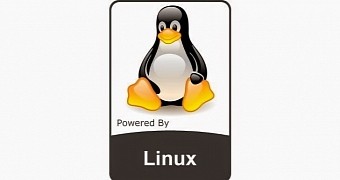After announcing the release of the long-term supported Linux 4.1.18 and Linux 3.12.54 kernels on February 16, 2016, Sasha Levin has also informed the Linux world about the availability of the twenty-seventh maintenance build of Linux 3.18.
Linux kernel 3.18.27 LTS appears to be a pretty big update, and just by taking a quick peek at the appended shortlog, we can notice that there are a total of 221 changed files, with 2,445 insertions and 1,143 deletions. These, of course, include the usual improvements to various architectures, filesystems, drivers, etc.
Linux kernel 3.18.27 LTS adds multiple networking updates, in particular for things like IPv4, IPv6, mac80211, Phonet, rfkill, SCTP (Stream Control Transmission Protocol), and Xfrm, along with some mm, core kernel, crypto, and sound improvements.
"I'm announcing the release of the 3.18.27 kernel. All users of the 3.18 kernel series must upgrade," says Sasha Levin in the announcement. "The updated 3.18.y git tree can be found at: git://git.kernel.org/pub/scm/linux/kernel/git/stable/linux-stable.git linux-3.18.y."
Filesystems, architectures, and drivers updates
The usual drivers updates include changes to things like Bluetooth, DMA, EDAC, USB, GPU (mostly Radeon), InfiniBand, IRQchip, ISDN, PCI, networking (stuff like rtl8188, ieee802154, bonding, slip, and PPP), MMC, MD, v4l2, DVB, TTY, SCSI, thermal, and connector.
Among the updated filesystems, we can mention XFS, CIFS, HostFS, NFS (Network File System), Oracle Cluster File System (OCFS2), UDF, and OverlayFS. Lastly, there are small fixes for the ARM, PowerPC (PPC), ARM64 (AArch64), m32r, PA-RISC, MIPS, s390, SPARC, and x86 hardware architectures.
If you're running a GNU/Linux operating system that uses a kernel from the Linux 3.18 series (run the "uname -a" command in a terminal emulator), you need to update to the Linux kernel 3.18.27 release as soon as possible. The sources can be grabbed, as usual, from the kernel.org website or via Softpedia.

 14 DAY TRIAL //
14 DAY TRIAL //